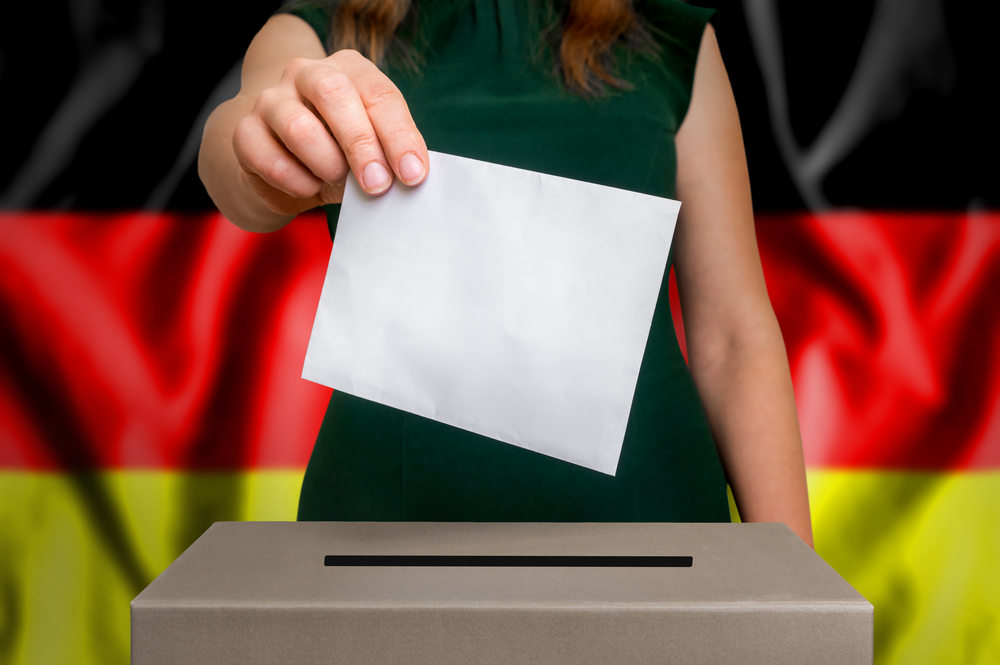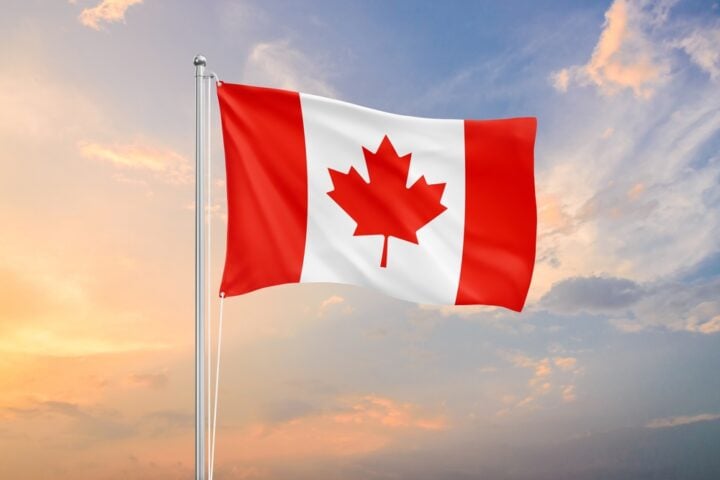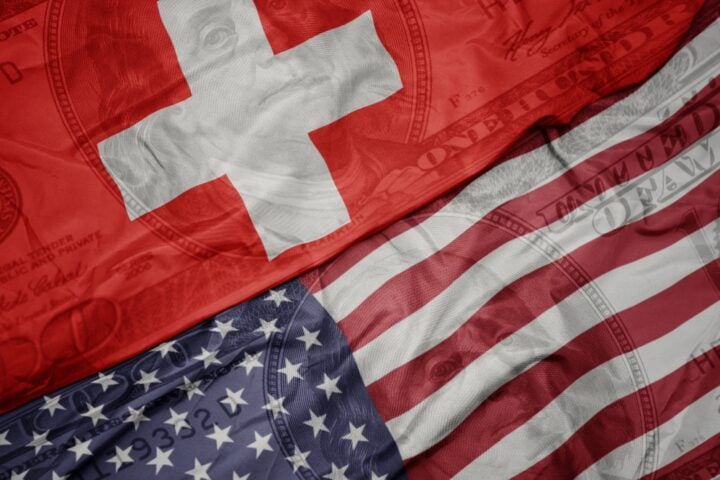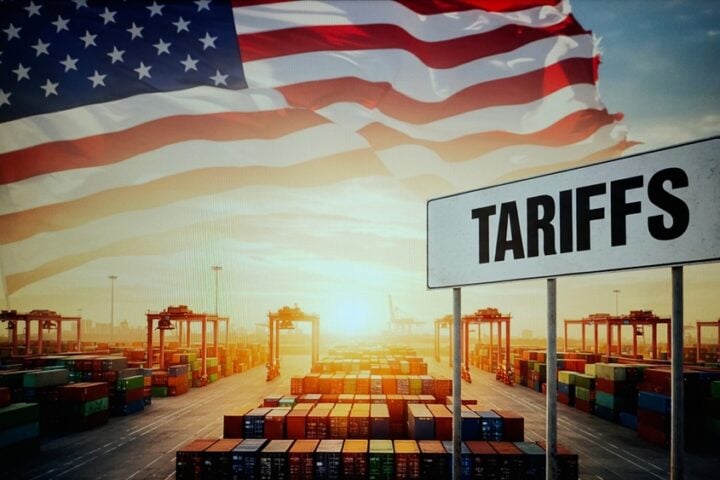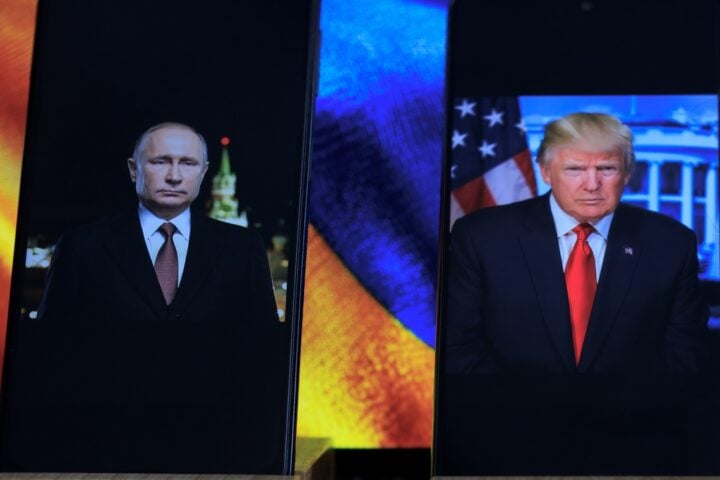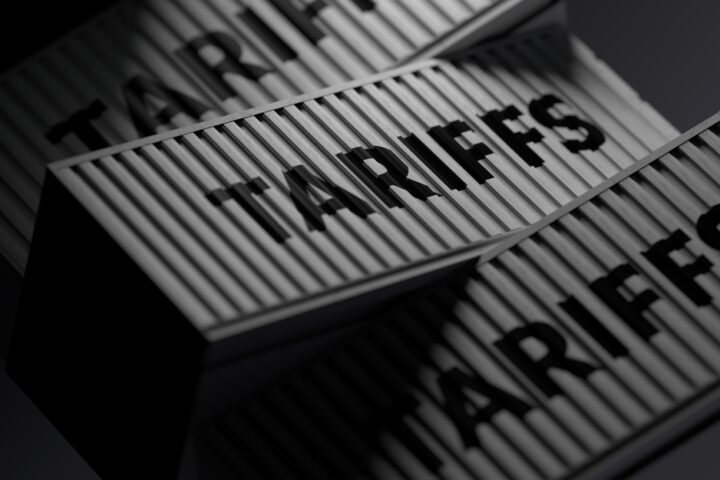Germany is preparing for an early federal election on February 23, after the unexpected collapse of Chancellor Olaf Scholz’s three-year ruling coalition last Wednesday. Initially, Scholz suggested March as a potential election period, coupled with a confidence vote set for January. However, sources within the parliamentary group of Scholz’s Social Democratic Party (SPD) confirmed the new February timeline.
The Path to Early Elections
The confidence vote, now set for December 16, is a critical procedural step before early elections can be held. According to German law, the chancellor must first call for this vote in parliament. If the Bundestag, Germany’s federal legislative body, votes that it no longer holds confidence in the chancellor, Scholz can recommend the dissolution of parliament to the German president. The president then has 21 days to officially trigger the election, which must take place within 60 days of the dissolution.
Despite these formal steps, authorities have expressed concerns about the logistical and organizational challenges posed by the tighter timeline. Scholz, under pressure to expedite the election process, agreed to a February date to navigate these political and public expectations.
Coalition Collapse and Its Aftermath
The coalition between Scholz’s SPD, the Green Party, and the Free Democratic Party (FDP) disintegrated following the dismissal of former Finance Minister Christian Lindner. Scholz’s decision to replace Lindner with Jörg Kukies on November 7 intensified the rift among the coalition partners. The breakdown followed protracted disputes over economic and budget policies, which both Scholz and Lindner cited as central reasons for the split.
Until the election, the SPD and the Green Party will operate as a minority government. Scholz has expressed his intention to push through a few legislative measures during his remaining time in office, even as political uncertainty looms.
Campaigns and Lead Candidates
As Germany prepares for an early election, the political spotlight is shifting to campaign strategies. Some parties have already chosen their lead candidates for chancellor, while others, including the SPD, are still in the process of selecting theirs. Various political groups have started hinting at prospective policy directions and plans, signaling the start of what is likely to be an intense election season.
Challenges Ahead
The early election poses significant challenges for both the government and electoral authorities, especially with concerns raised about the compressed timeframe for organizing the vote. Yet, the urgency reflects the political instability that has beset the current government, marked by disagreements over economic management and fiscal strategy. The uncertainty surrounding the finalization of the 2025 budget further underscores the complexities facing the next administration.
Germany’s decision to move forward with a February 23 election marks a pivotal moment in the country’s political landscape. With the SPD and the Green Party forming a temporary minority government and parties gearing up for the campaign trail, the coming weeks will be critical in shaping Germany’s near-term political and economic future. The confidence vote in December will set the stage for the election, potentially reshaping the dynamics of German governance for years to come.


